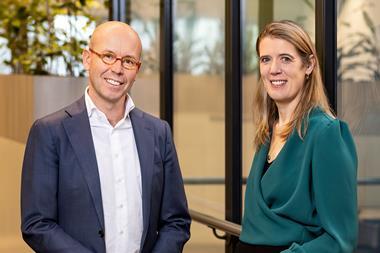DENMARK - Danish public pensions company ATP has stopped investing in Nissan Motor due to alleged links to arms sales in Africa, according to its first social responsible investment report.
The pension fund came to the decision over the car maker's joint venture with China's Dongfeng Motor Company in 2008, which saw vehicles sold by Dong Feng adapted for military purposes.
ATP's first social responsibility in investments report cited "reliable and well-documented allegations" made against the car manufacturer and said it repeatedly tried to contact Nissan, but received no response.
The fund's committee for social responsibility consequently chose to exclude Nissan in May 2009 from its investment universe. The committee's concerns stemmed from the an admission by the company's CEO that he set up a $100m ‘slush fund' for "bribery of banks," according to its report.
ATP reached its decision not long after the Norwegian Government Pension Fund Global decided to exclude Dong Feng for similar reasons. (See earlier IPE article: Norway places Siemens under 'observation')
Also excluded, over allegations of corruption, was Hyundai Motor Company, as well as Nissan's partner firms Dongfeng Motor Company and Dongfeng Automotive.
ATP engaged with more than 250 companies in 2009 over human rights violations, corruption and environmental damage, according to the report.
Ulrik Dan Weuder, head of social responsibility in investments, said the pension fund preferred to undertake a "targeted dialogue" with companies rather than just sell shares. "We do not contribute with much by just selling, actually, quite the contrary," he said.
The report also revealed ATP's previous concerns with pharmaceutical company Novo Nordisk, which had been under investigation since 2005 following charges of corruption over the sale of insulin in Iraq. Following settlements in both the United States and Denmark, the pension fund now regards the matter as resolved.
Bjarne Graven Larsen, CIO at ATP, said: "We believe that SRI can help in realising businesses possibilities and lower the risk of losses - and thereby protect the Danes' pensions and increase return on investments."












